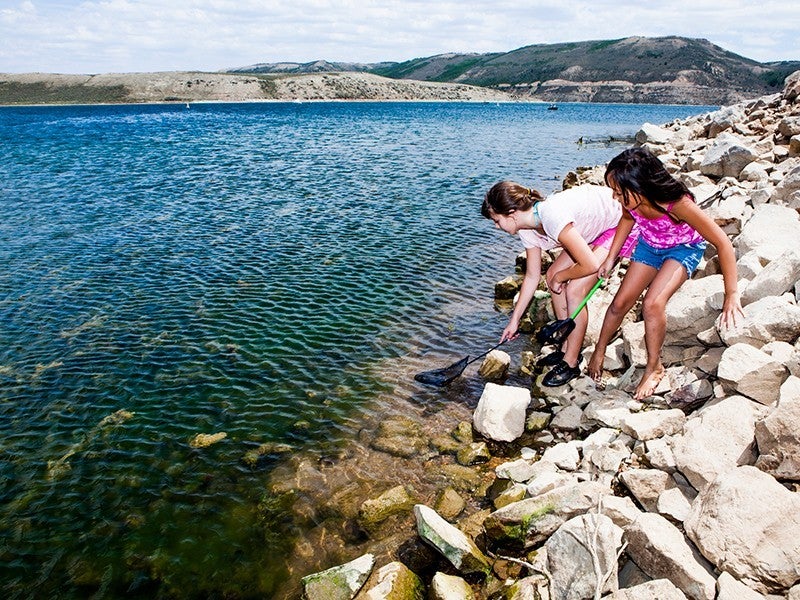The Supreme Court Has Severely Weakened Clean Water Protections. Here’s How We’ll Fight Back.
The court's Sackett v. Environmental Protection Agency decision puts more than half of the nation’s wetlands at risk. But we still have legal tools to fight back.

This page was published 2 years ago. Find the latest on Earthjustice’s work.
In May, the Supreme Court kneecapped the Clean Water Act in its Sackett v. Environmental Protection Agency decision. The new ruling dramatically limits the wetlands that the law protects from pollution, putting more than half of the contiguous United States’ 18 million acres of wetlands at risk. And that’s not even counting Alaska, where the loss of protection for its 174 million acres may be comparable.
In addition to being a disaster for federal wetlands protections and water quality, the decision also has alarming implications for environmental law more broadly. The court’s right-wing justices disregarded science and conservative principles of “judicial restraint” by dismissing the Army Corps and the EPA’s science-based definition of waters of the U.S. This reflects the Supreme Court’s disturbing pattern of striking down environmental regulations to serve industry interests at the expense of the environment and people. It did much the same in last term’s West Virginia v. EPA ruling.
While cases like this make us concerned about the foundations of our environmental laws, we still have legal tools to fight back. Here’s what we’re doing.
- We will be working with our partners to push Congress to negate the Supreme Court’s decision by amending the Clean Water Act, and to press states to enact their own protections.
- We will use the power of law to defend portions of the Biden administration’s Waters of the United States (WOTUS) rule. The Sackett ruling may have narrowed which wetlands get federal protections, but it hasn’t eliminated protections for all wetlands.
- We will continue to fight for individual wetlands using the Clean Water Act. The Sackett ruling may have narrowed which wetlands get federal protections, but it hasn’t eliminated protections for all wetlands.
- We will work to inform our supporters, the media, and the public about the importance of the decision and the threat this Supreme Court poses to the environment and the foundations of environmental law.
You can help us take action by telling Congress to defend clean water today.